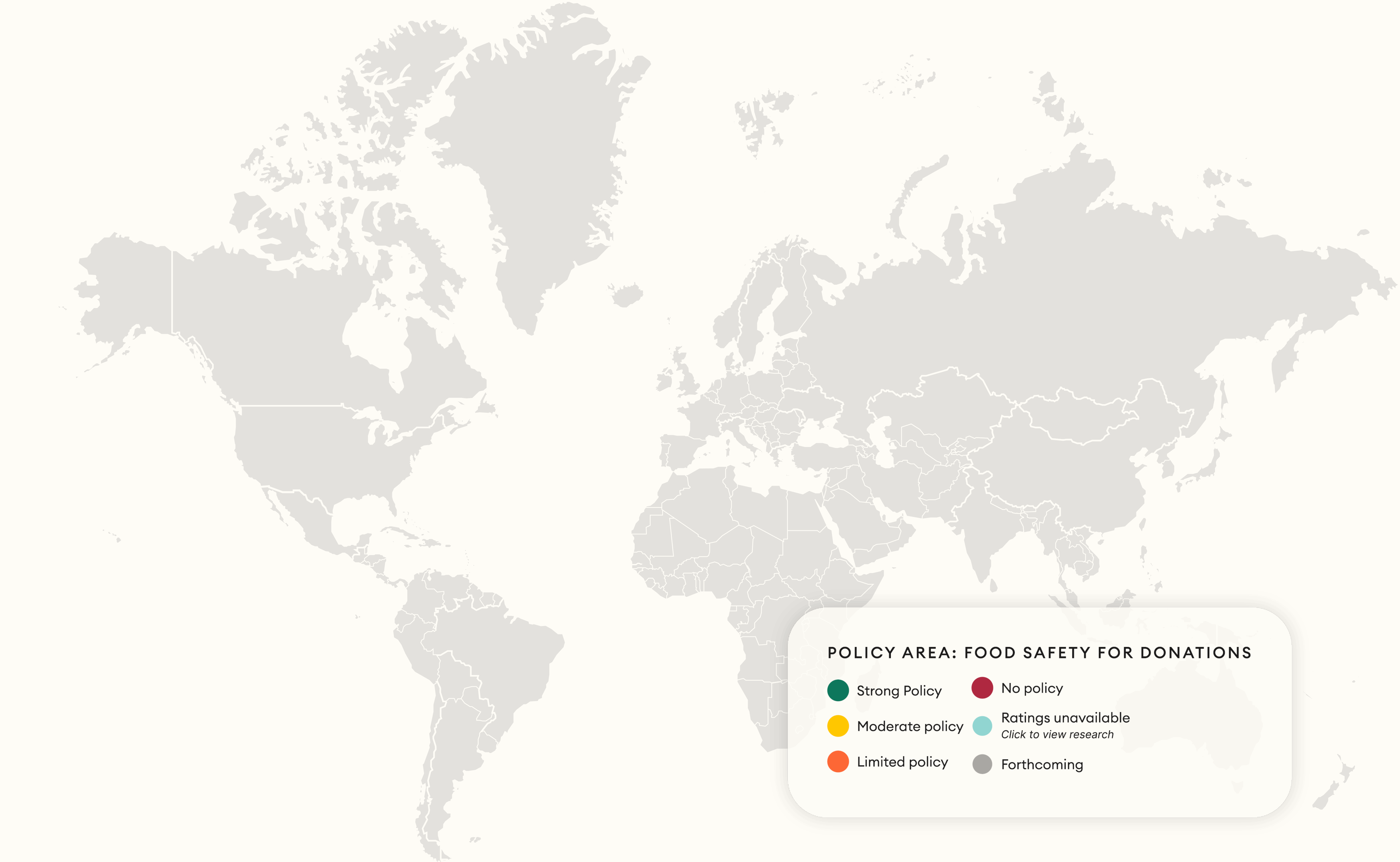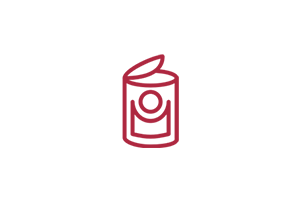Peru: Policy Highlights and Opportunities
While Peru has not published official food loss and waste data, estimates suggest that the country loses or wastes 9 million tons of food each year. At the same time, more than 3.1 million people were suffering from food insecurity prior to the novel coronavirus (COVID-19) pandemic.
Atlas Research: Peru
Policy Highlights
Peru research was published in February 2021 and was made possible with the advice and support of our on-site partners, including Banco de Alimentos Perú.
Policy Opportunities and Recommendations





